Top 10 Most Common Myths About Electric Cars Debunked
Electric vehicles (EVs) have gained popularity in recent years as a more sustainable and eco-friendly alternative to traditional gasoline vehicles. If you've considered purchasing an electric car, you might have encountered various myths and misconceptions about these eco-friendly vehicles. Join us as we address and debunk the top 10 most common myths about electric cars, providing you with accurate information to help you make an informed decision about this innovative mode of transportation.
Myth 1: Electric cars have a limited range
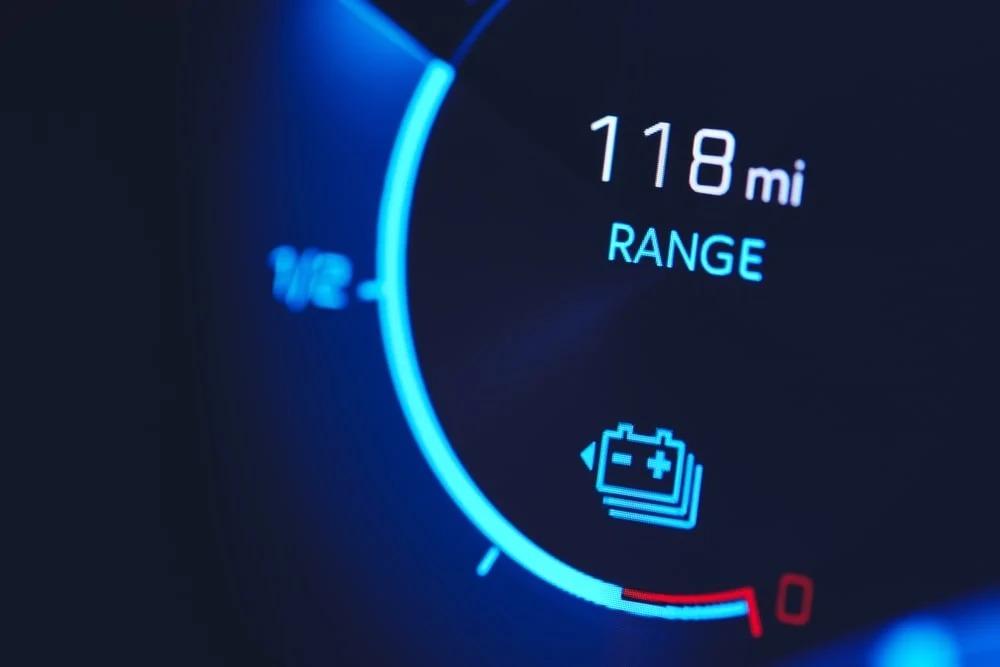
One of the most persistent electric vehicle myths is the limited range. While early electric vehicle models did indeed suffer from short driving ranges, advancements in battery technology have significantly improved this aspect. Modern EVs can travel over 200 miles on a single charge, and some high-end models can even exceed 300-400 miles, making them suitable for most daily commutes.
The Tesla Model S Long Range is known for its remarkable range capabilities. This electric sedan could achieve a range of over 400 miles on a single charge, making it one of the top-performing electric vehicles in terms of range. The Chevrolet Bolt EV is a more affordable electric car that offers a competitive range. The 2022 model, for example, boasts an estimated range of around 259 miles, providing a practical option for daily commuting and urban driving.
Myth 2: Charging an electric car is inconvenient and slow
Another misconception is that charging an electric vehicle is inconvenient and time-consuming. However, the charging infrastructure has evolved considerably, with numerous public charging stations now available. Moreover, high-power DC fast chargers can replenish a significant portion of the battery in as little as 30 minutes, making charging more convenient than ever.
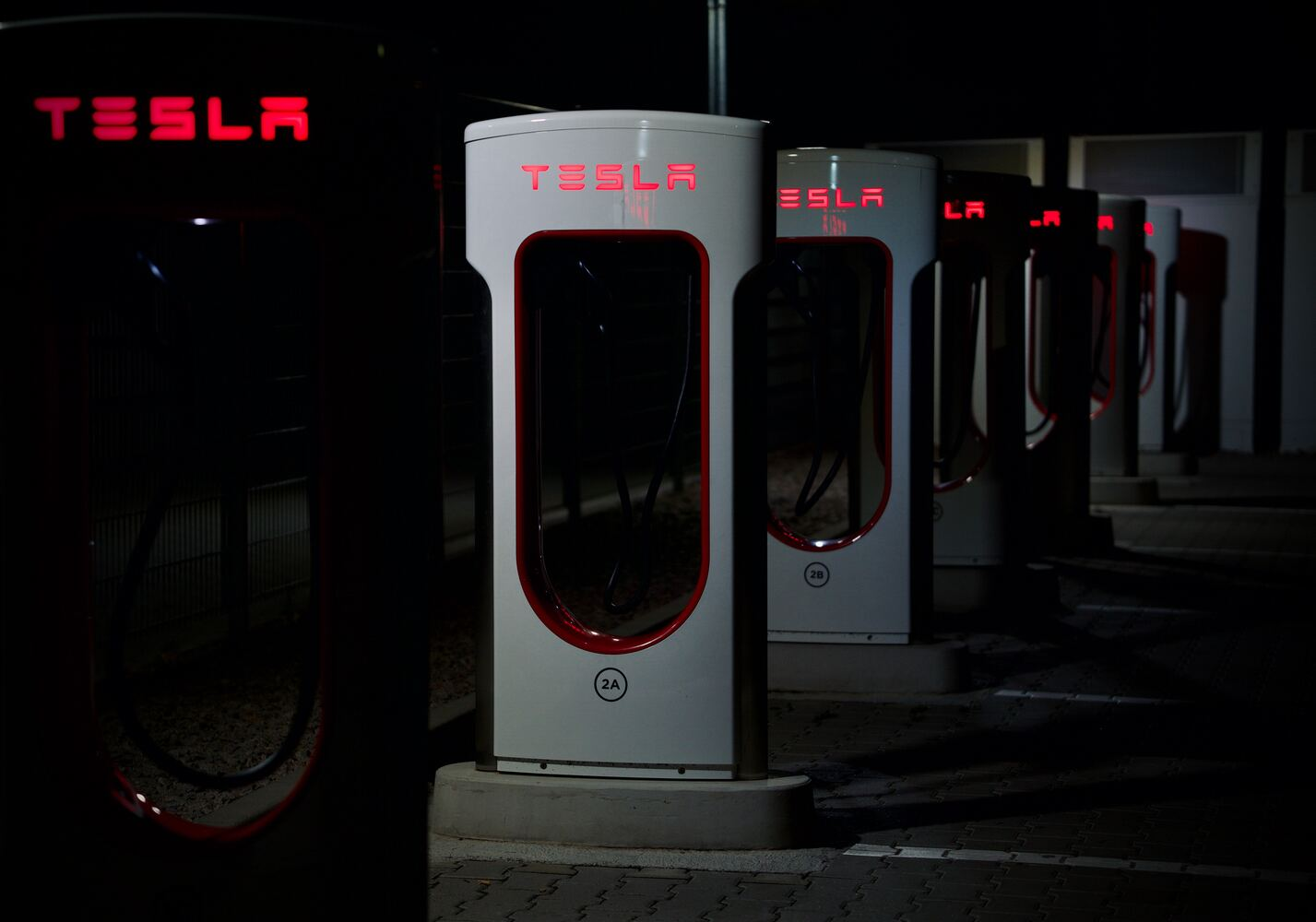
For Tesla owners, the carmaker has built an extensive network of Supercharger stations worldwide. These high-power DC fast chargers are strategically located along popular travel routes, making long-distance travel in a Tesla electric car a breeze. Tesla Superchargers can provide up to 170 miles of range in just 30 minutes, offering quick and convenient charging options for Tesla owners.
Moreover, charger adapters have made it possible for non-Tesla EVs to charge at J1772 charging stations and vice versa.
Myth 3: EVs are more expensive than gasoline cars
While the upfront cost of electric vehicles may be higher compared to petrol and diesel cars, the total cost of ownership is often lower due to reduced operating and maintenance costs. Additionally, various incentives and tax credits offered in many regions can significantly offset the initial purchase price, making EVs more affordable for consumers.
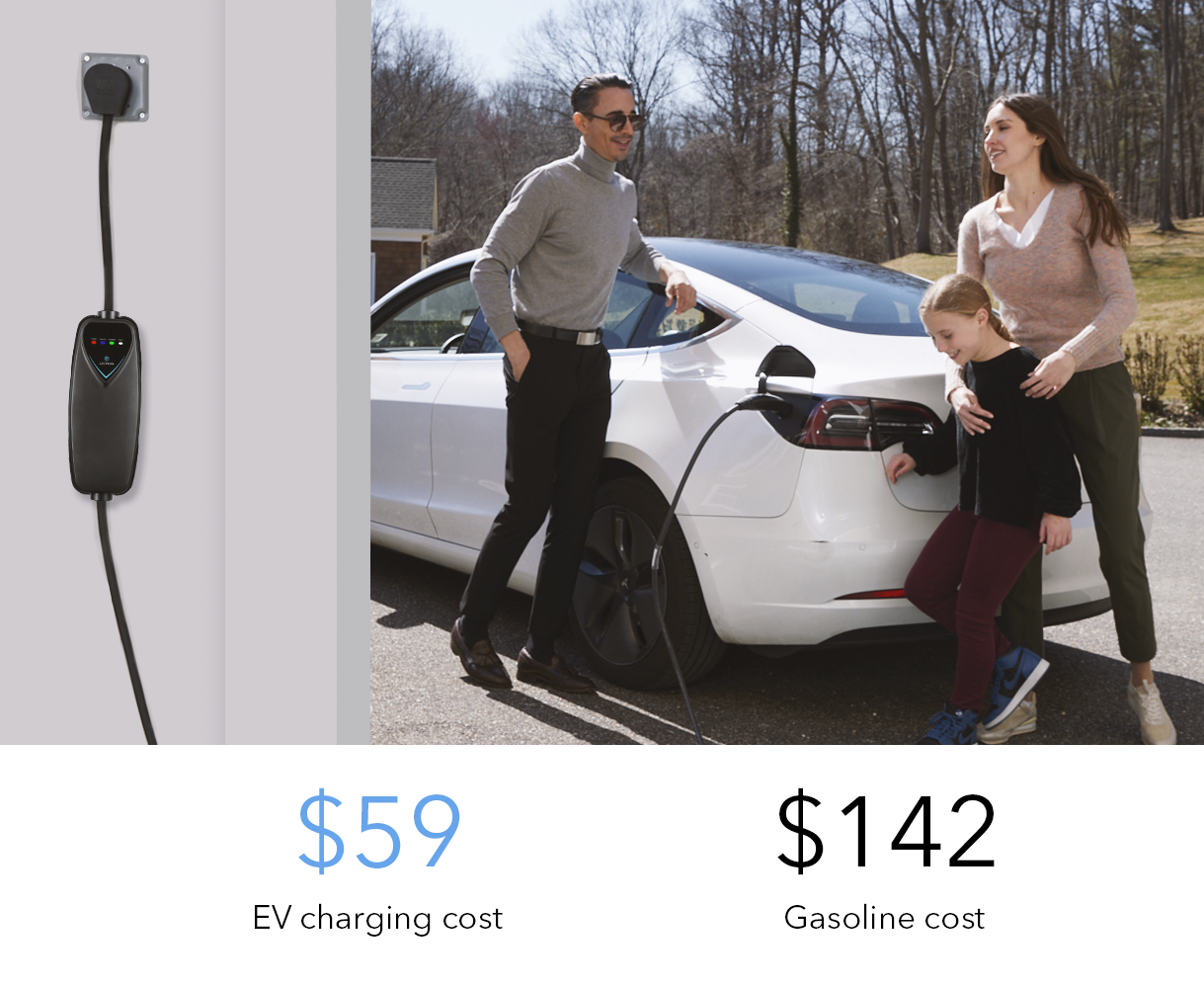
However, it is essential to look beyond the initial purchase price and consider the overall cost of ownership over the vehicle's lifetime. When considering the total cost of ownership, including operating, maintenance, and potential incentives, electric cars can often become more cost-effective and financially attractive options for consumers.
-
Operating costs: Electric vehicle charging costs less per mile than refueling a gasoline car due to cheaper electricity prices. Consistent lower electricity costs lead to substantial long-term savings. Some regions offer special off-peak electricity rates, providing further cost advantages to EV owners.
-
Reduced maintenance costs: Electric vehicles have fewer moving parts compared to internal combustion engine vehicles, resulting in lower maintenance expenses. No oil changes or exhaust system maintenance is required, and regenerative braking extends the lifespan of brake pads, reducing brake-related costs.
-
Incentives and tax credits: Governments worldwide offer incentives and tax credits to promote electric vehicle adoption, offsetting the initial purchase price and making EVs more affordable. These incentives include financial rebates, tax credits, reduced fees, and carpool lane access, depending on the region.
-
Long-term savings: Despite higher upfront costs, electric vehicles offer long-term savings due to reduced operating and maintenance expenses, along with potential incentives. Over time, the total cost of ownership becomes more favorable for electric vehicles compared to gasoline cars.
Myth 4: Electric cars are not as safe as traditional vehicles
Safety concerns have been raised regarding electric cars, but in reality, EVs are designed with safety as a top priority. Just like conventional vehicles, those cars undergo rigorous testing to ensure their safety features are on par with, if not better than, gasoline cars. The lower center of gravity in electric cars may even contribute to enhanced stability during accidents.
Here are some points that highlight the safety features and advantages of EVs:
-
Crash test ratings: EVs undergo various crash tests, including front, side, and rollover tests, by organizations like the National Highway Traffic Safety Administration (NHTSA) and the Insurance Institute for Highway Safety (IIHS), ensuring safety on par with traditional vehicles.

-
Battery safety: Electric vehicles have advanced battery management systems that monitor the battery's condition and temperature, reducing the risk of fire or overheating.
-
Structural integrity: Electric cars have sturdy structures to distribute crash forces efficiently, with a lower center of gravity for enhanced stability and reduced rollover risk.
-
Pedestrian safety: Some EVs emit sound at low speeds to alert pedestrians, especially in urban areas, enhancing pedestrian safety.
-
Autonomous safety features: Electric cars often come with advanced driver-assistance systems (ADAS), like automatic emergency braking and lane-keeping assistance, reducing accidents and collision severity.
Myth 5: EV batteries degrade quickly
Battery degradation is a common misconception associated with electric cars. However, modern battery technology has made significant progress in addressing this issue. Most EV manufacturers offer warranties for at least eight years or more, guaranteeing a certain level of battery capacity retention. Moreover, ongoing research continues to improve battery lifespan and performance.
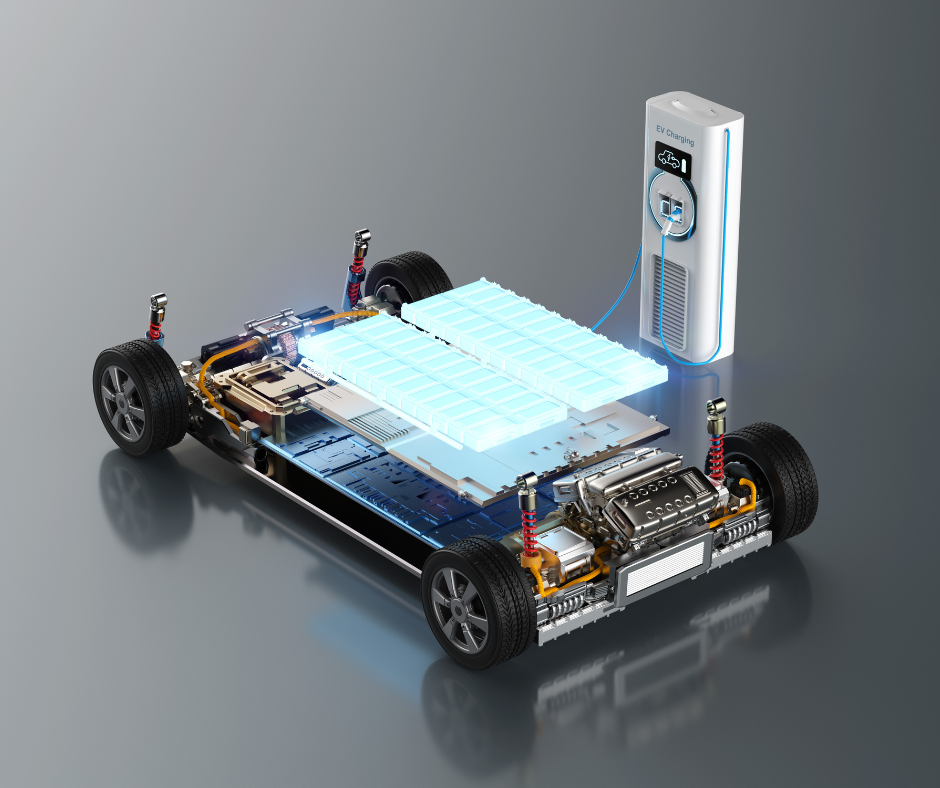
-
Battery chemistry advancements: Researchers and engineers have been continuously working to enhance battery chemistry, seeking more durable and efficient materials. Lithium-ion batteries, which are commonly used in EVs, have seen substantial improvements in recent years, leading to increased energy density and better resistance to degradation.
-
Battery Management Systems (BMS): The implementation of sophisticated battery management systems in electric vehicles has been a game-changer in terms of battery longevity. BMS continuously monitors individual cells' health, manages charging and discharging rates, and ensures that the battery operates within optimal temperature ranges. By carefully managing the battery's state of charge and voltage levels, BMS helps prevent stress on the cells and minimizes the risk of premature degradation.
-
Thermal management: Temperature plays a crucial role in battery performance and lifespan. Electric vehicles are equipped with thermal management systems that regulate the battery's temperature during charging and discharging. Keeping the battery within an ideal temperature range prevents extreme temperature fluctuations that could accelerate degradation.
Myth 6: Electric vehicles are not practical for long trips
Many believe that EVs are not practical for long-distance trips due to range limitations and charging concerns. While most electric vehicle charging is done at home, the growing network of EV charging stations and the increased range of modern EVs make long trips more feasible. Proper planning and utilization of fast-charging stations can further enhance the convenience of long-distance travel in electric vehicles.
If you're considering an adventurous electric car road trip, strategic route planning and awareness of charging station locations will be key to a successful journey.

Here are some key points to consider:
-
Improved ranges: Modern electric vehicles offer extended driving ranges, exceeding 200 miles and even reaching 300-400 miles on high-end models, making long trips feasible.
-
Growing charging network: A widespread network of public EV chargers is expanding, providing EV drivers with more convenient access to charging points during long journeys.
-
Fast-charging options: High-power DC fast chargers are becoming more common, enabling rapid charging, and reducing downtime during long trips.
-
Efficient route planning: Advanced navigation systems in electric vehicles help drivers find optimal routes that consider charging station locations and driving conditions for seamless long-distance travel.
-
Battery efficiency: Battery management systems and regenerative braking technology improve energy efficiency, maximizing the range of electric cars during long trips.
Myth 7: EVs are bad for the environment due to battery disposal
EVs are sometimes criticized for their environmental impact due to battery disposal concerns. However, the recycling rate for electric vehicle batteries(added for internal linking) is on the rise, reducing their overall environmental footprint. Recycling processes aim to recover valuable materials from batteries, lessening the need for new resource extraction.
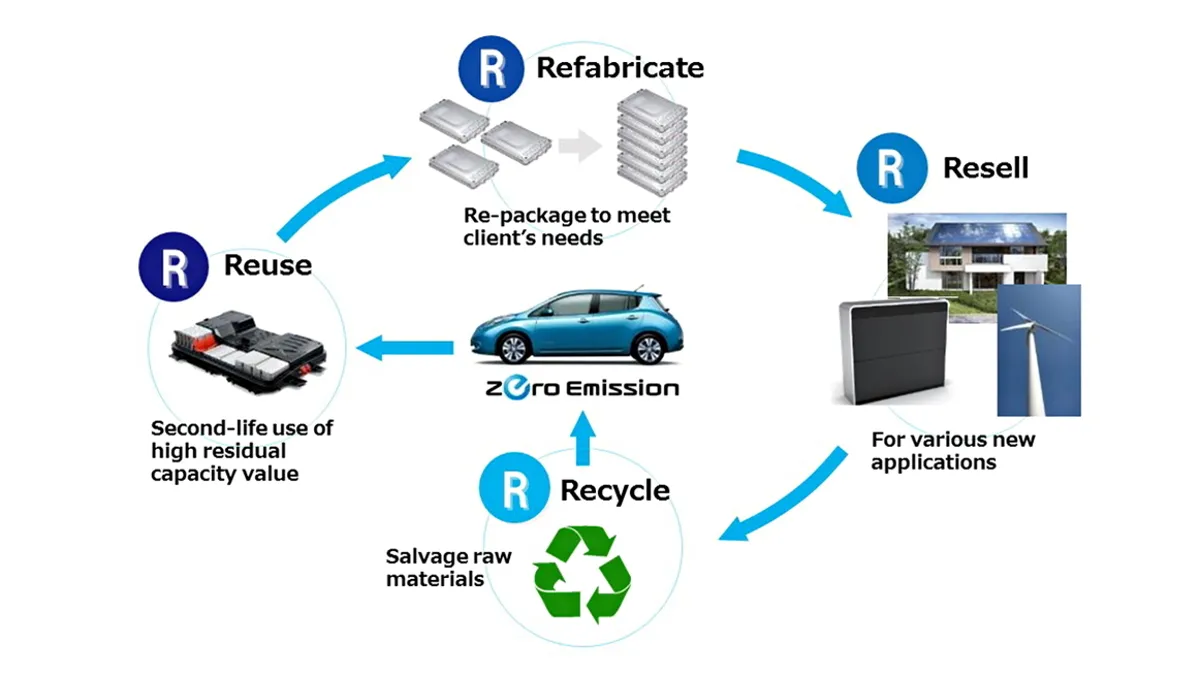
Moreover, EVs still have a lower carbon footprint over their lifetime compared to gasoline cars, especially when charged with clean energy sources such as solar or wind power. The higher energy efficiency and potential for zero tailpipe emissions during operation contribute to reduced greenhouse gas emissions and improved air quality. As the world shifts towards renewable energy, electric cars will play a crucial role in promoting a greener and more sustainable future for transportation.
Myth 8: Electric cars are slow and lack performance
Contrary to popular belief, many electric vehicles are surprisingly quick and offer instant torque, providing impressive acceleration. High-performance electric cars have also emerged in the market, proving that electric power can rival or surpass the performance of conventional internal combustion engines.
Companies like Tesla, Porsche, and Rimac have introduced electric supercars with impressive acceleration times and top speeds. These high-performance electric vehicles demonstrate the capabilities of electric powertrains, showing that they can compete with or even outperform traditional internal combustion engines in terms of speed and performance.
Myth 9: EVs are not suited for cold climates
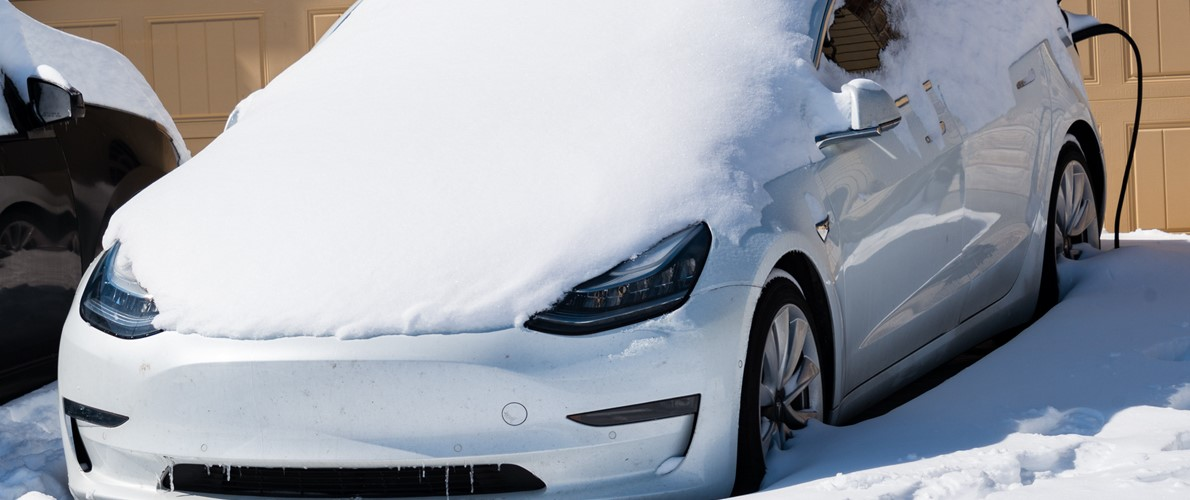
In the past, cold weather was indeed considered a challenge for electric vehicles, as low temperatures could lead to reduced battery efficiency and range. However, significant advancements in electric vehicle technology have addressed these concerns, making modern EVs more suitable for cold climates.
One example is the Tesla Model 3. The Model 3 is equipped with a battery thermal management system that helps regulate the battery's temperature, optimizing its performance in both hot and cold weather. This system ensures that the battery operates within an ideal temperature range, minimizing the impact of extreme temperatures on its efficiency and longevity.
Myth 10: There's not enough renewable energy to support widespread EV use
The concern about the availability of renewable energy to support widespread electric vehicle adoption is indeed valid, but the current trends in renewable energy growth provide reasons for optimism. As the use of renewable energy sources, such as solar and wind power, continues to expand, the electricity grid is becoming greener. This transition to cleaner energy sources makes electric vehicles even more environmentally friendly and aligns with the overall goal of reducing greenhouse gas emissions and combating climate change.
Solar and wind power have witnessed substantial growth in recent years, and many countries and regions are making significant investments in renewable energy infrastructure. As more renewable energy capacity is added to the grid, the ability to sustain the increased electricity demand from electric vehicles improves.

Image courtesy of: https://www.zhaw.ch/en/engineering/institutes-centres/ine/smart-city-guide-main-page/description-of-applications/vehicle-to-grid-v2g/
Additionally, vehicle-to-grid (V2G) technology offers a promising solution to address concerns about the availability of renewable energy for widespread electric vehicle use. V2G technology allows electric vehicles to not only draw power from the grid but also return excess energy back to the grid when needed.
During periods of high electricity demand, when the grid is under stress, electric vehicles equipped with V2G technology can discharge their stored energy to support the grid. This helps balance the electricity supply and demand, reducing the strain on the grid and maximizing the utilization of renewable energy sources.
What are the advantages and disadvantages of an electric vehicle?
Advantages of electric cars:
-
Zero emissions: Electric cars produce no tailpipe emissions, reducing greenhouse gas emissions and air pollution.
-
Lower operating costs: Electric vehicles have fewer moving parts and require less maintenance, resulting in lower operating costs over their lifespan.
-
Energy efficiency: Electric motors are more energy-efficient than internal combustion engines, converting a higher percentage of energy from the grid to power the vehicle.
Disadvantages of electric cars:
-
Limited charging infrastructure: The availability of charging stations can be limited in some areas, making long-distance travel challenging.
-
Range anxiety: Concerns about running out of battery charge can cause range anxiety among some drivers, although improved ranges are alleviating this issue.
-
Longer refueling time: Charging an electric car takes longer than refueling a gasoline car, especially with standard charging methods.
Is it really worth buying an electric car?
Ultimately, the decision to buy an electric car will depend on individual preferences and needs. Electric cars offer numerous benefits, including lower emissions, reduced operating costs, and a quieter driving experience. However, potential buyers should consider factors such as charging infrastructure, driving habits, and financial incentives available in their region before making a final decision.
FAQs
-
The main problem with electric cars is the range limitation and the availability of charging infrastructure. Although modern electric vehicles have significantly improved ranges, some drivers still experience range anxiety, fearing they may run out of charge before reaching their destination. However, the growing network of charging stations and advancements in battery technology are mitigating this concern.
-
While the transition to electric vehicles is gaining momentum, it is unlikely that all cars will be electric by 2030. The adoption rate of electric cars varies by region, and factors such as charging infrastructure development, government policies, and consumer preferences will influence the pace of this transition.
-
The biggest drawback to electric vehicles is the current limitation of charging infrastructure. In some areas, the availability of public charging stations may be insufficient, making long-distance travel and urban charging challenging for some EV owners.
-
Resistance to electric vehicles may stem from various reasons, including misinformation and misconceptions about their range, performance, and environmental impact. Some individuals may also have concerns about the availability of charging infrastructure and the upfront cost of electric cars compared to traditional gasoline vehicles.
-
Three advantages of electric cars are zero emissions, lower operating costs, and energy efficiency. Electric vehicles contribute to reducing greenhouse gas emissions and air pollution, have fewer maintenance requirements, and are more energy-efficient in converting electricity to power for the vehicle.
